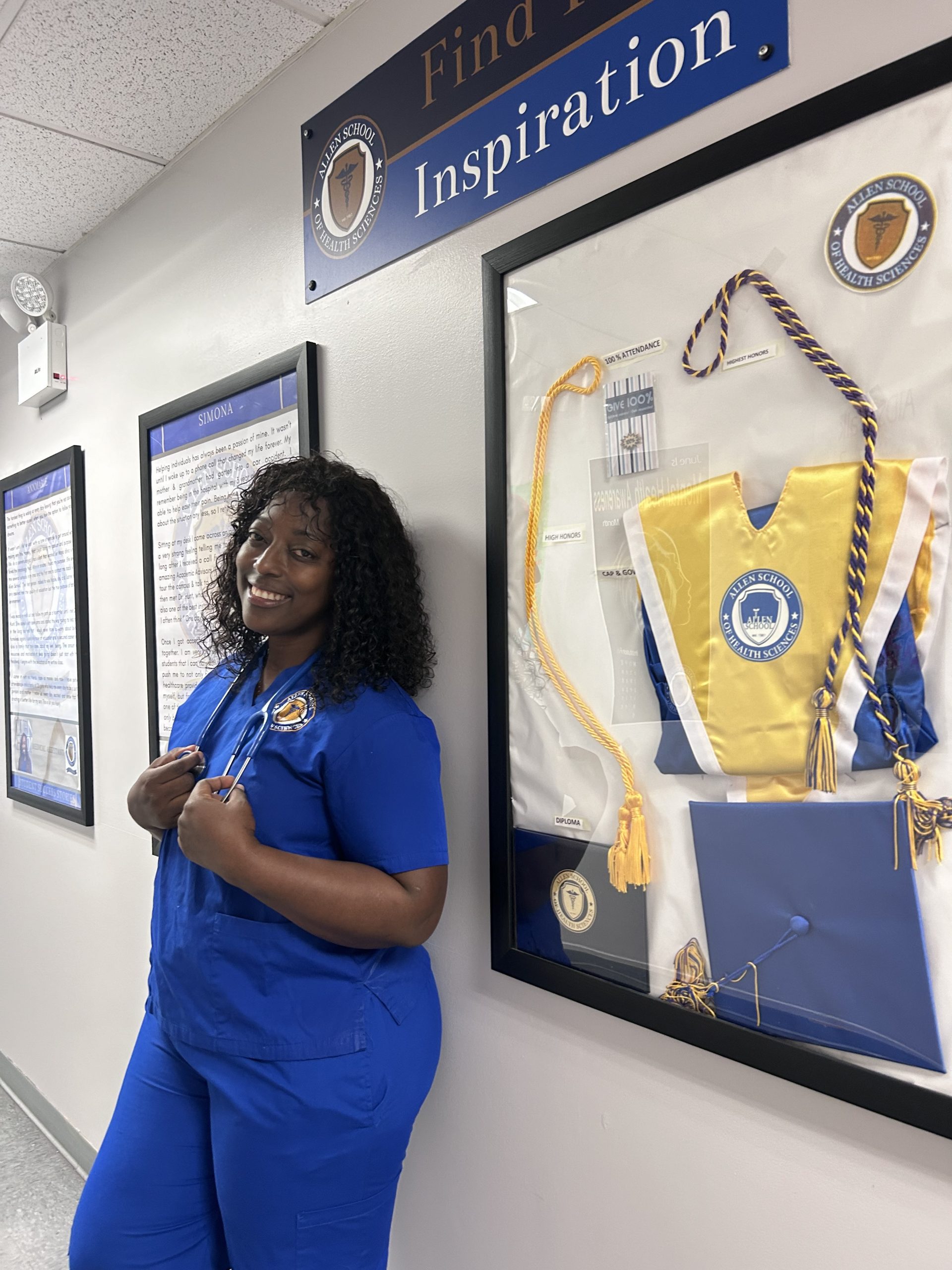
- Telemedicine: Telemedicine, or the use of technology to provide healthcare services remotely, is becoming increasingly popular. As a medical assistant, you may be responsible for assisting healthcare providers with virtual patient consultations, managing electronic health records, and coordinating telehealth appointments. Familiarizing yourself with telemedicine tools and platforms can enhance your skill set and make you an asset in the evolving healthcare landscape.
- Health informatics: The field of health informatics involves the collection, analysis, and interpretation of healthcare data to improve patient outcomes and streamline healthcare processes. As a medical assistant, you may be involved in managing electronic health records, analyzing data to identify trends and patterns, and ensuring the security and confidentiality of patient information. Understanding the principles of health informatics can help you excel in your role and contribute to the delivery of high-quality patient care.
- Personalized medicine: Personalized medicine involves tailoring medical treatment and interventions to individual patients based on their unique genetic makeup, lifestyle factors, and preferences. As a medical assistant, you may work closely with healthcare providers to collect and document patient information, assist with genetic testing and counseling, and support patients in understanding and adhering to personalized treatment plans. Embracing the principles of personalized medicine can enhance your ability to provide patient-centered care and contribute to improved patient outcomes.
- Integrative healthcare: Integrative healthcare combines conventional medical treatments with complementary and alternative therapies to address the physical, emotional, and spiritual aspects of health and wellness. As a medical assistant, you may encounter patients seeking integrative therapies such as acupuncture, chiropractic care, or herbal medicine. Understanding the principles of integrative healthcare and collaborating with healthcare providers to support patients in their treatment choices can enhance your role as a medical assistant and contribute to holistic patient care.
- Remote patient monitoring: Remote patient monitoring involves the use of technology to track and monitor patient health data outside of traditional healthcare settings. As a medical assistant, you may be responsible for educating patients on how to use remote monitoring devices, interpreting and reporting data to healthcare providers, and coordinating follow-up care based on monitoring results. Familiarizing yourself with remote patient monitoring technology can position you as a key player in supporting patients in managing chronic conditions and improving health outcomes.
If you have a love of helping people and are interested in the medical field, contact the Allen School to schedule your career planning session. www.allenschool.edu
